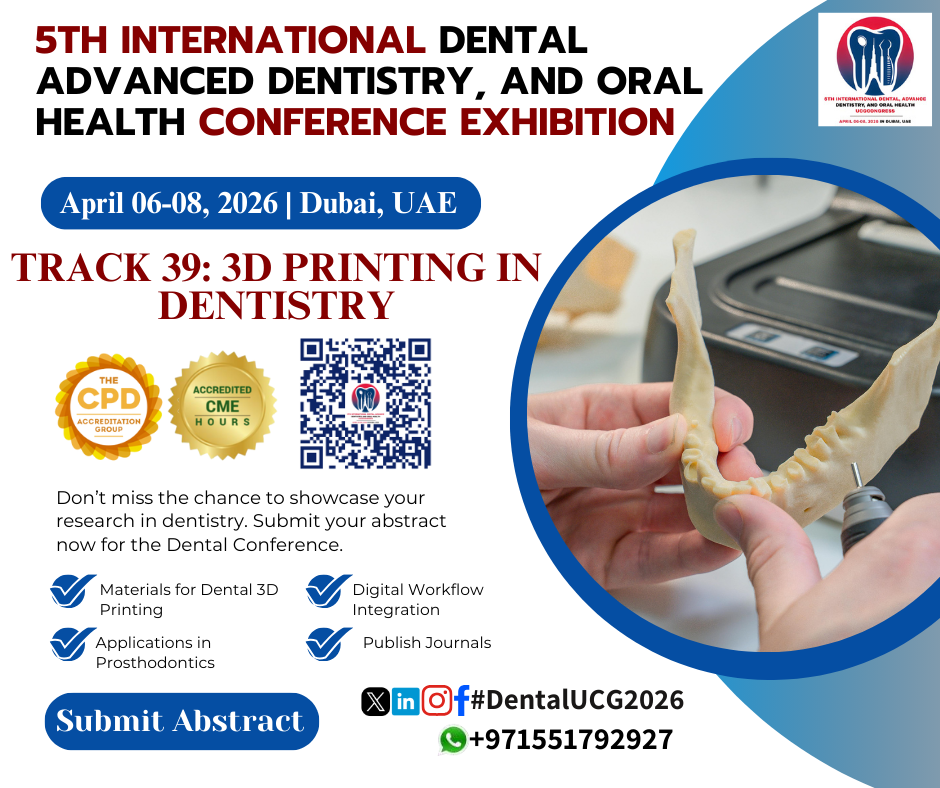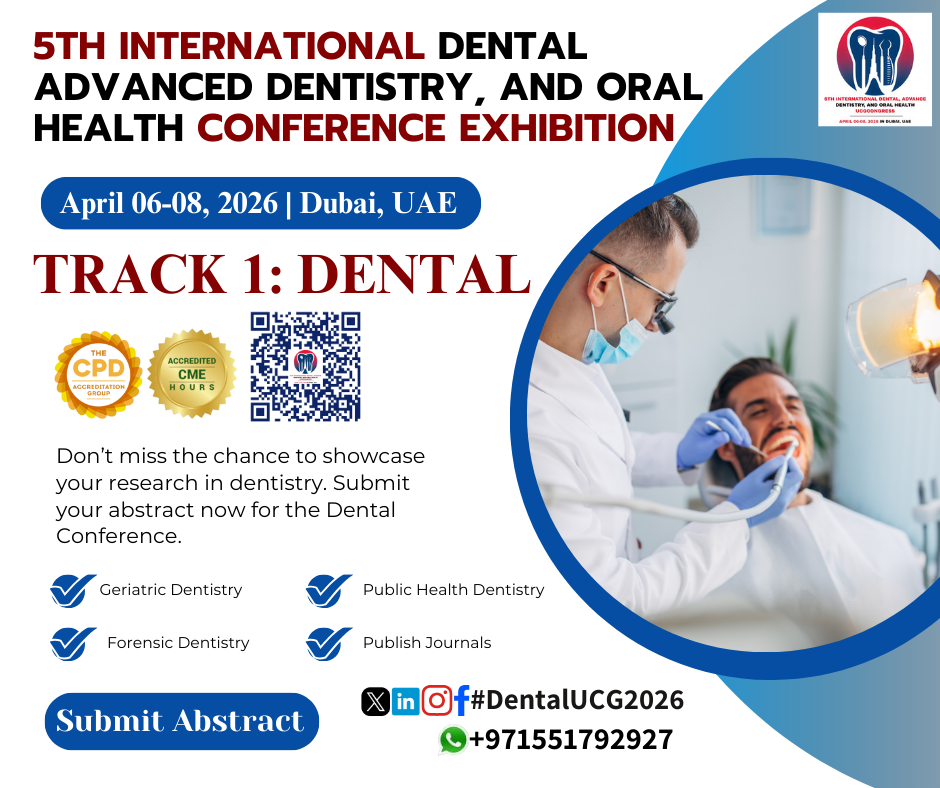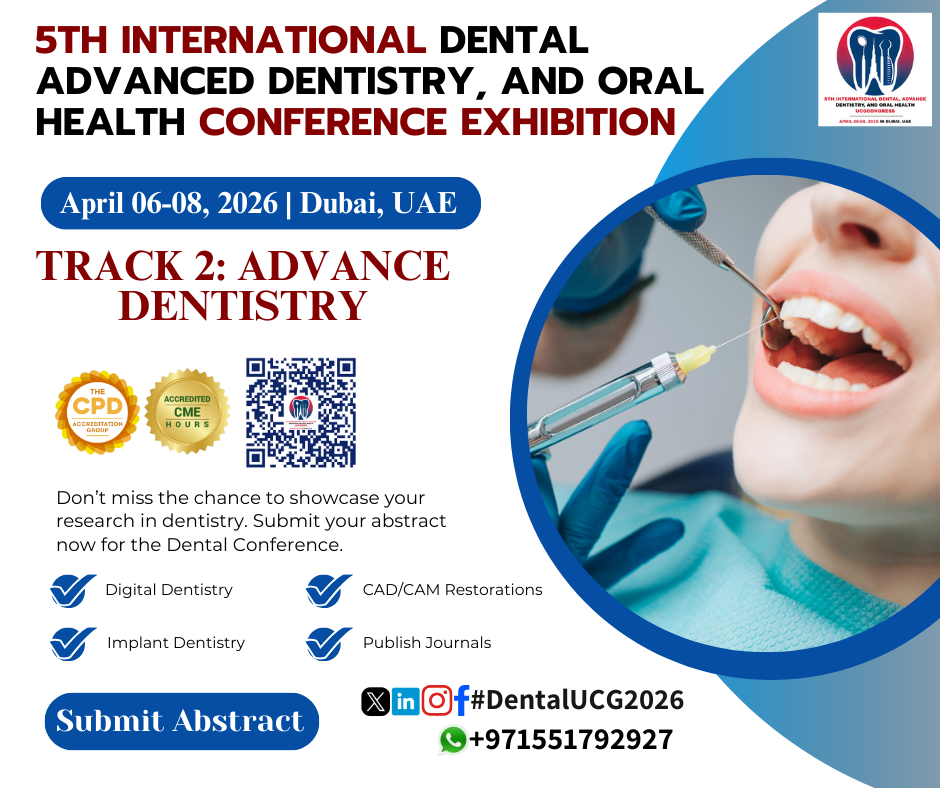Subtopics:
Dental Models, Surgical Guides, Custom Crowns and Bridges, Dentures, Orthodontic Appliances, Clear Aligners, Maxillofacial Prosthetics, Bone Grafts and Scaffolds, Digital Smile Design, Regenerative Dentistry, Educational and Training Models, 3D Printing Materials in Dentistry, Workflow Integration, Chairside 3D Printing
3D Printing in Dentistry, also called Additive Manufacturing in Dental Care, is revolutionizing dental practice by allowing the production of highly precise, customized dental devices and models directly from digital scans. Using technologies like SLA (Stereolithography), DLP (Digital Light Processing), and SLS (Selective Laser Sintering), dentists and dental labs can design patient-specific solutions that improve accuracy, efficiency, and treatment outcomes.
Advanced Applications:
Custom Crowns, Bridges, and Dentures – for better fit and comfort
Surgical Guides – precise placement of implants and bone grafting
Orthodontic Devices – clear aligners, retainers, and brackets
Maxillofacial Prosthetics – facial implants and prostheses for trauma or congenital defects
Bone Grafts & Scaffolds – regenerative applications in oral surgery
Educational Models – realistic training tools for students and clinicians
Digital Smile Design Integration – planning aesthetic and functional outcomes
Benefits:
High precision and reproducibility
Faster production and reduced chair time
Fully customized solutions for individual patients
Cost-effective compared to traditional methods
Minimally invasive and predictable treatment outcomes





